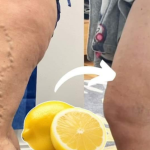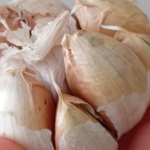A lot of times the internet can make you come face to face with something you had no clue about. But sometimes, it can remind you of a fact that you have long forgotten. Whatever the case may be, you will find the story I am about to tell very interesting!
When pictures of medicine cabinets with a small slot in the back began to go viral, people became concerned as to what they were. In most modern homes, this feature does not exist but if you or someone you know lives in a home that was constructed in the early 20th century, you might have come across this feature!
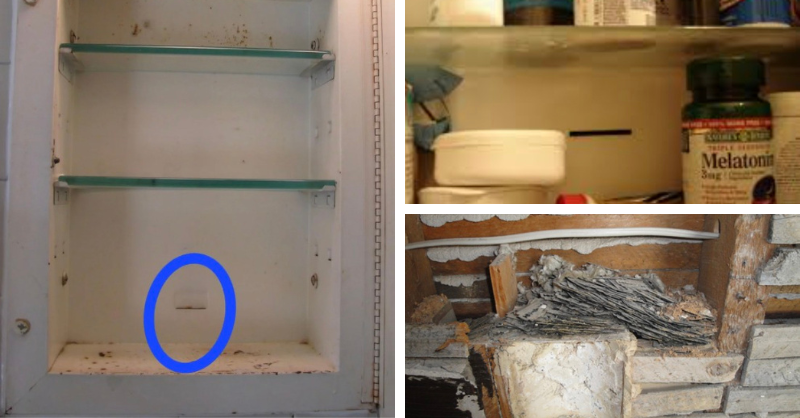
In the early 1900s, when men would need help grooming their facial hair, they would venture out to their local barber. The barber would use a straight-edge razor to give you a nice shave. While these shaves are more of a novelty now, they used to be the defacto method of beard grooming back in the day!
It was in 1903, when things began to change. Gilette introduced a at-home double-blade razor which allowed men to groom themselves in the comfort of their own bathrooms! To curb the problem of how to dispose of the razor, medicine cabinet manufacturers had a brilliant idea; make a specific slot for those razors in the back of the cabinet.
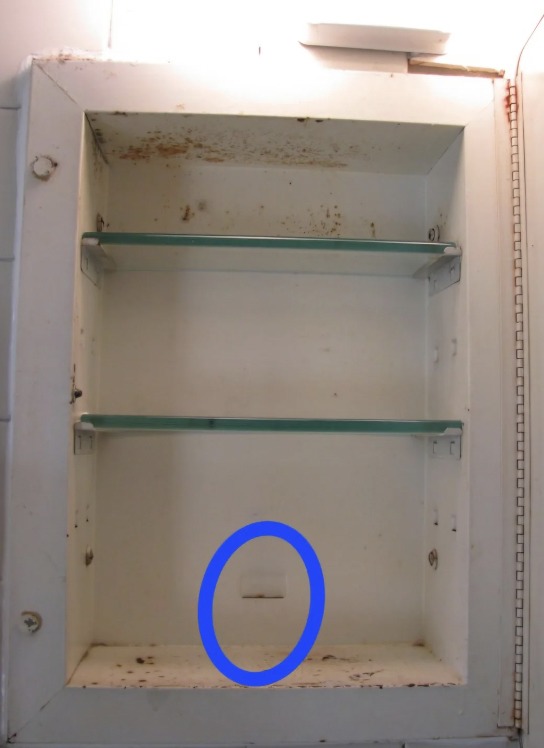
The slot was narrow and small and could only fit those blades. And where did the blades go when you were done? In the back of the walls! There was no box or catching mechanism installed; they would live in the wall indefinitely. The blades would most likely survive decades till someone was remodelling the home and decided to knock down these walls!
If you are wondering why people did not throw them out, the reason is simple; these blades were technically biohazards and could not be thrown away with general refuse. During the ‘30s and ‘40s, many homes burned their trash to use as fertilizer in their gardens.

In later years, as razor blades became more and more evolved, they were no a single use item anymore! And as the practice of growing your own vegetables began to become more rare, people had no issues with throwing out old dull razor blades in the trash.
By the mid-1970s, built-in razor blade disposal was all but eliminated. This was when Gilette’s French competitor, Bic, entered the story. Bic came out with lightweight plastic razors that were totally disposable and resembled the ones we use today!
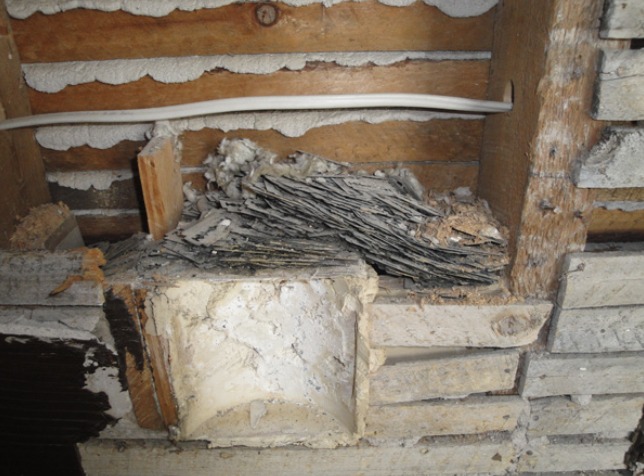
So, if you live in a home that was built before the turn of the 20th century, you might want to go look inside your medicine cabinet to see if you still have those tiny slots! Now you know what they were used for!
Or perhaps, if you do remodeling and find a small pile of razor blades in your home, you won’t be shocked anymore!
